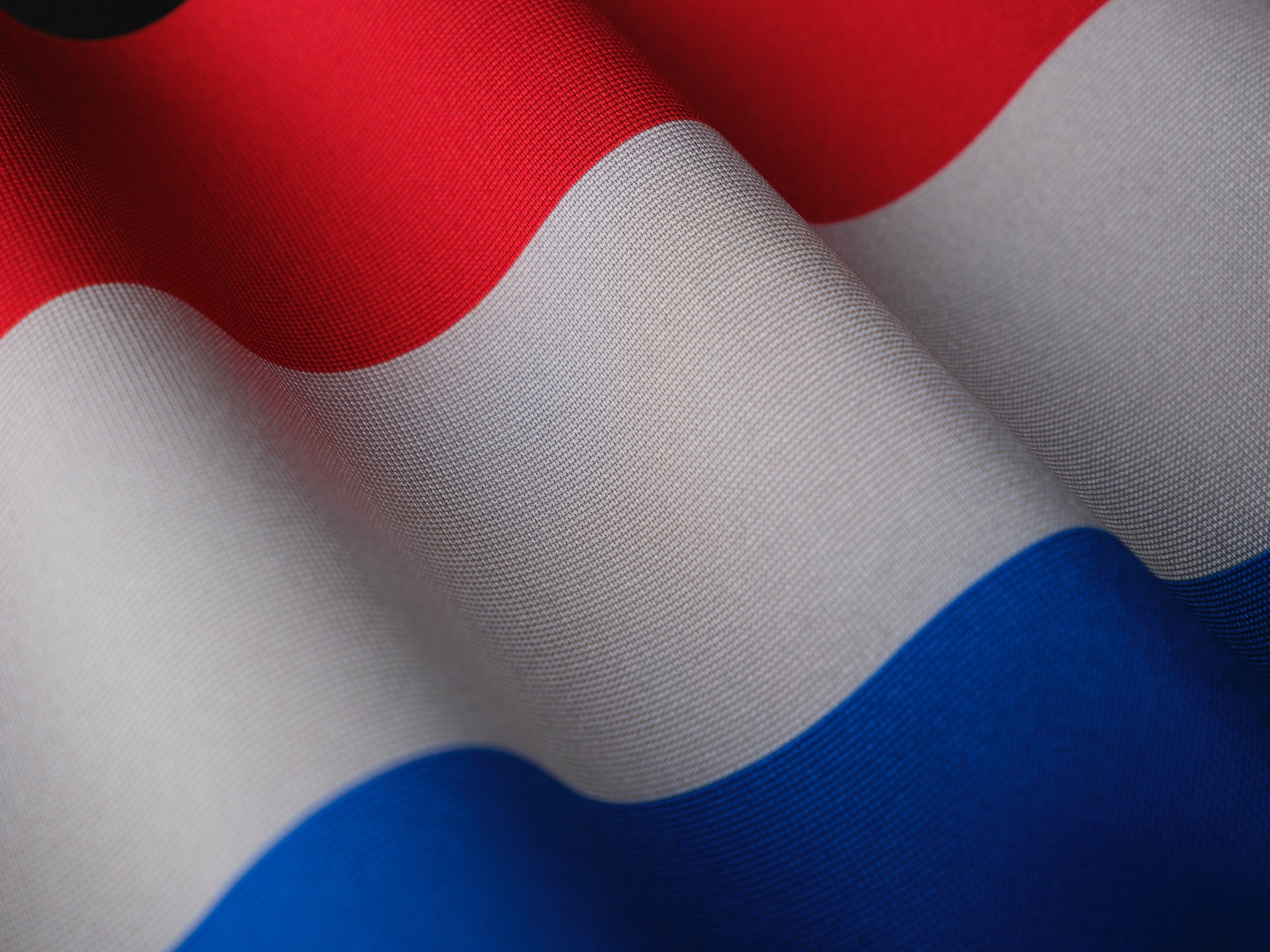Protecting intellectual property in the Netherlands is essential for businesses and individuals to maintain their competitive edge and safeguard their valuable assets. The country has made significant progress in establishing a comprehensive IP legal framework, but it is crucial to remain vigilant and proactive in the face of ongoing risks. This includes staying up to date on relevant laws and regulations, monitoring potential infringements, and utilizing available enforcement mechanisms when necessary. Additionally, addressing challenges and seizing opportunities for enhancing IP protection will contribute to fostering a culture of innovation and creativity in the Netherlands. By taking these steps, businesses and individuals can better protect their IP assets and contribute to the Netherlands' economic growth and development.
Types of Intellectual Property Protection in the Netherlands
- Patents: Patents in the Netherlands are granted for inventions that meet the requirements of novelty, inventive step, and industrial applicability. Patent protection typically lasts for 20 years from the filing date.
- Trademarks: Trademarks in the Netherlands are protected through registration with the Benelux Office for Intellectual Property (BOIP). A trademark registration is valid for ten years from the application date and can be renewed indefinitely for additional ten-year periods.
- Designs: Designs that are new and possess individual character are eligible for protection in the Netherlands. A design registration lasts for an initial five-year term and can be renewed for additional five-year terms, up to a maximum of 25 years.
- Copyrights: The Netherlands offers copyright protection for original works of authorship, including literary, artistic, and musical works. The duration of copyright protection varies depending on the type of work but generally lasts for the life of the author plus 70 years after their death.
- Trade Secrets: Trade secrets are protected under Dutch law, which safeguards confidential business information, including formulas, processes, and methods. There is no specific duration for trade secret protection, but the information must be kept confidential to maintain its protected status.
Risks to Intellectual Property in the Netherlands
Despite the well-developed IP legal framework in the Netherlands, several risks still exist. Some of the most common risks include:
- Counterfeiting and piracy: The Netherlands faces challenges in combating the production and distribution of counterfeit goods and pirated materials, affecting various industries, including pharmaceuticals, electronics, and software.
- Online infringement: The proliferation of digital platforms has led to increased risks of online IP infringement, such as unauthorized use of copyrighted material, trademark infringement, and the sale of counterfeit goods.
- Inadequate enforcement: Limited resources and a backlog of cases in the judicial system can hinder effective enforcement of IP rights in the Netherlands.
Enforcing Intellectual Property Rights in the Netherlands
- Administrative enforcement: The Netherlands' administrative bodies, such as the BOIP and the Dutch Patent Office, play a vital role in the administrative enforcement of IP rights. Rights holders can request these bodies to take action against IP infringements, such as conducting investigations or issuing cease and desist orders.
- Civil enforcement: Rights holders can initiate civil lawsuits to seek remedies such as injunctions, damages, and the destruction of infringing goods. Dutch courts have made significant progress in recent years, with specialized IP courts and faster resolution of cases.
- Criminal enforcement: Criminal enforcement is also available for specific IP violations, such as copyright infringement and trademark counterfeiting. Dutch law enforcement agencies are responsible for investigating and prosecuting criminal IP cases.
Relevant Statistics
- According to the World Intellectual Property Organization (WIPO), the Netherlands filed 5,483 patent applications in 2020, demonstrating the country's commitment to innovation.
- In 2020, the BOIP reported that 8,465 trademark applications were filed, emphasizing the importance of brand protection for businesses operating in the Netherlands.
- Additionally, the BOIP registered 2,251 design applications in the same year, indicating the significance of protecting aesthetic creations in the country.
Addressing Intellectual Property Risks in the Netherlands
- Strengthening enforcement capabilities: The Netherlands needs to continue investing in resources, infrastructure, and training for law enforcement agencies, administrative bodies, and the judiciary to address challenges related to IP enforcement effectively.
- Enhancing public awareness: Raising public awareness of the importance of IP protection is crucial for fostering a culture of respect for IP rights in the Netherlands. This can be achieved through educational campaigns, public outreach, and collaboration with industry stakeholders.
- Encouraging innovation and creativity: To maintain a strong IP environment in the Netherlands, promoting innovation and creativity is essential. This can be achieved by providing incentives for research and development, supporting start-ups and entrepreneurs, and facilitating collaboration between academia and industry.
- Strengthening international cooperation: The Netherlands can bolster its IP enforcement efforts by strengthening international cooperation, sharing best practices, and engaging in joint initiatives with other countries to combat counterfeiting and piracy.
Related Information














